Sale!
Lead Auditor Training On ISO 17025
Original price was: ₹40,000.00.₹20,000.00Current price is: ₹20,000.00.
ISO/IEC 17025 is an international standard for testing and calibration laboratories. If you’re interested in becoming a lead auditor for ISO 17025, you’ll need to undergo specialized training to understand the requirements and practices of this standard thoroughly.
Here’s a general overview of what a lead auditor training on ISO 17025 might cover:
### Objectives of the Training:
1. **Understanding ISO 17025**: Gain a comprehensive understanding of the ISO/IEC 17025 standard, its structure, and its requirements.
2. **Audit Principles**: Learn the principles of auditing, including planning, conducting, reporting, and following up on audits.
3. **Audit Techniques**: Develop skills in conducting effective internal and external audits based on ISO 17025 requirements.
4. **Risk-Based Thinking**: Understand how to apply risk-based thinking in the context of ISO 17025 audits.
5. **Documentation and Record Keeping**: Learn about documentation requirements and best practices for maintaining records.
6. **Communication Skills**: Enhance communication skills to effectively interact with auditees and audit teams.
7. **Ethics and Professionalism**: Understand the importance of ethical behavior and professionalism in auditing.
### Training Modules:
1. **Introduction to ISO 17025**
– Overview of the standard
– Scope and application
– Key terms and definitions
2. **Management Requirements**
– Organization and management commitment
– Document control
– Review of requests, tenders, and contracts
– Subcontracting of tests and calibrations
3. **Technical Requirements**
– General requirements
– Personnel competency and training
– Test and calibration methods and validation
– Equipment and traceability
– Sampling
4. **Audit Process and Techniques**
– Audit planning
– Conducting opening and closing meetings
– Gathering and evaluating evidence
– Writing non-conformity reports
– Conducting follow-up audits
5. **Risk-Based Thinking in Auditing**
– Identifying and assessing risks
– Developing risk-based audit plans
– Applying risk-based thinking during audits
6. **Communication and Interpersonal Skills**
– Effective communication techniques
– Active listening
– Conflict resolution
7. **Ethics and Professionalism in Auditing**
– Code of ethics for auditors
– Maintaining impartiality and confidentiality
– Professional conduct during audits
### Duration and Format:
– **Duration**: Typically, lead auditor training on ISO 17025 can range from 3 to 5 days, depending on the training provider and the depth of coverage.
– **Format**: The training may be offered in various formats such as classroom-based training, online training, or a combination of both. Practical exercises, case studies, and group discussions are often included to enhance learning.
### Certification:
Upon successful completion of the training and passing the examination, participants may receive a lead auditor certificate, which demonstrates their competence to audit laboratories against the ISO 17025 standard.
### Choosing a Training Provider:
When selecting a training provider, consider factors such as:
– **Accreditation**: Ensure that the training provider is accredited by a recognized accreditation body.
– **Trainer Qualifications**: Check the qualifications and experience of the trainers.
– **Course Content**: Review the course content to ensure it covers all the necessary topics in-depth.
– **Reviews and Recommendations**: Look for reviews and recommendations from past participants to gauge the quality and effectiveness of the training.
Becoming a lead auditor for ISO 17025 requires dedication, a thorough understanding of the standard, and practical auditing skills. With the right training and certification, you can build a rewarding career in auditing laboratories for compliance with ISO 17025.

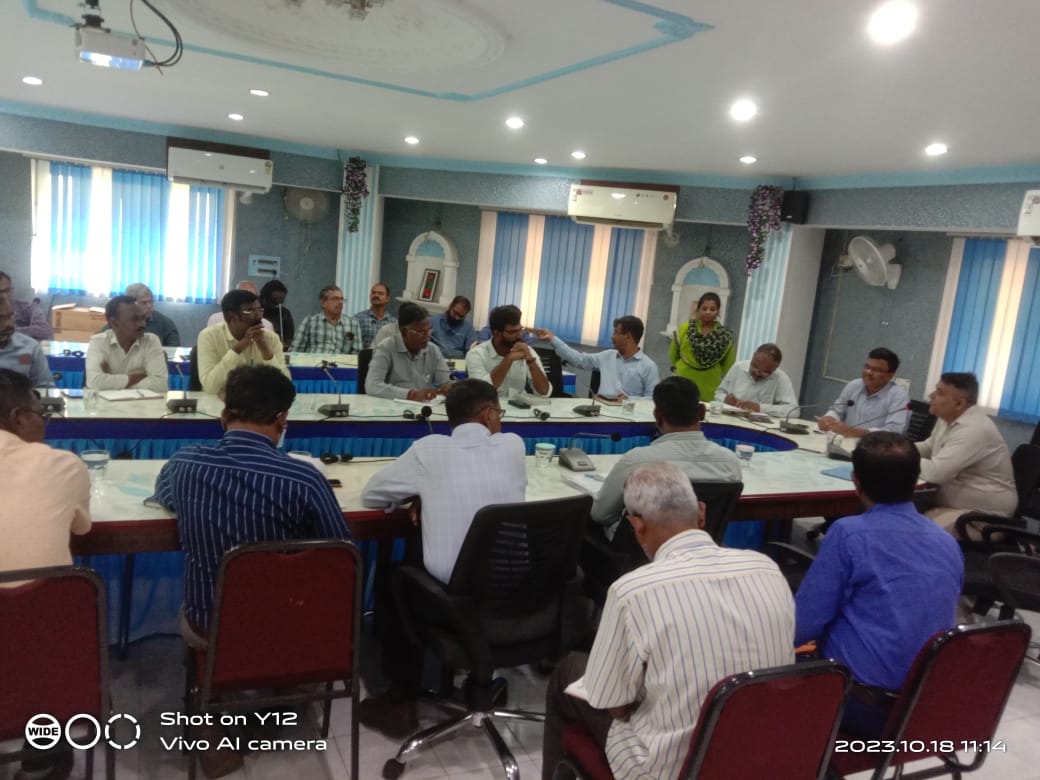
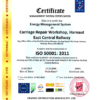


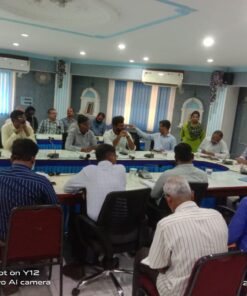
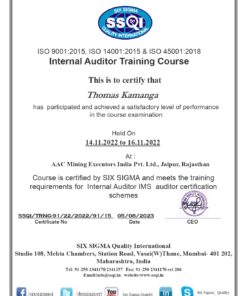


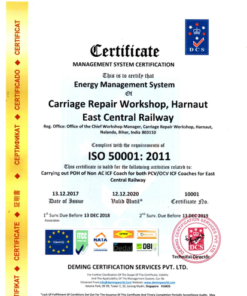

Reviews
There are no reviews yet.